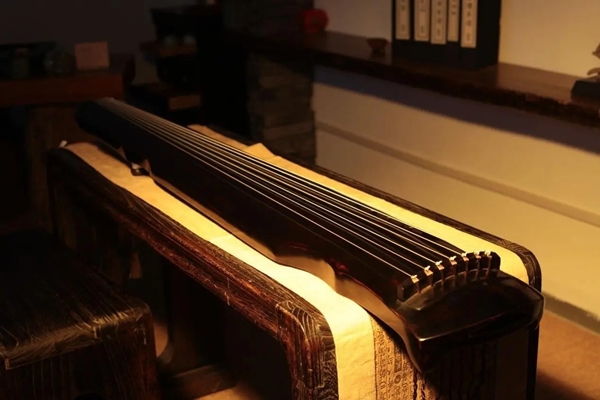30 years old is not too late to learn guqin
Someone asked from time to time before, teacher, I am in my 30s this year, can I learn Guqin with zero foundation? When I was young, my family had no conditions for me to learn the piano. When I grew up, I got a job, got married and had children. Now that my children are in school, I finally have the time and energy to learn the piano! My answer is: of course, it is never too late to learn the piano!

In people's impression, learning musical instruments should be started from an early age, so parents choose to cultivate their children and bury their hobbies in their hearts. The reason is: it's too late!
But is it really too late? Of course it's not too late, adults have many advantages for learning Guqin!
1. Strong interest
Adults learn Guqin, often out of personal hobbies. This simple "like" is the motivation to persevere in learning. Practicing the piano is no longer boring and enjoyable. Many of my students are deeply fascinated by it after learning the guqin, and some people say that they feel uncomfortable if they don't practice the guqin for a day. .
2. Strong understanding
Adults' ability to understand skills, music theory, and essentials is much higher than that of children. One of the charms of guqin is its ancient history and the traditional Chinese culture behind it. Adults rely on their understanding of guqin and their own life. Feel the charm of playing the guqin more~
3. Finger condition is good
That's right, it's true. For playing the guqin, adults' fingers are more advantageous!
In the process of playing the guqin, there is a lot of string pressing, which requires higher finger strength. Adults have greater strength, and it is much easier for children to press and move strings than children.
In this way, it is not too late to learn guqin at the age of 30! Age is no excuse, you have the right to learn at any age.
 渝公网安备 50010702504639号
渝公网安备 50010702504639号